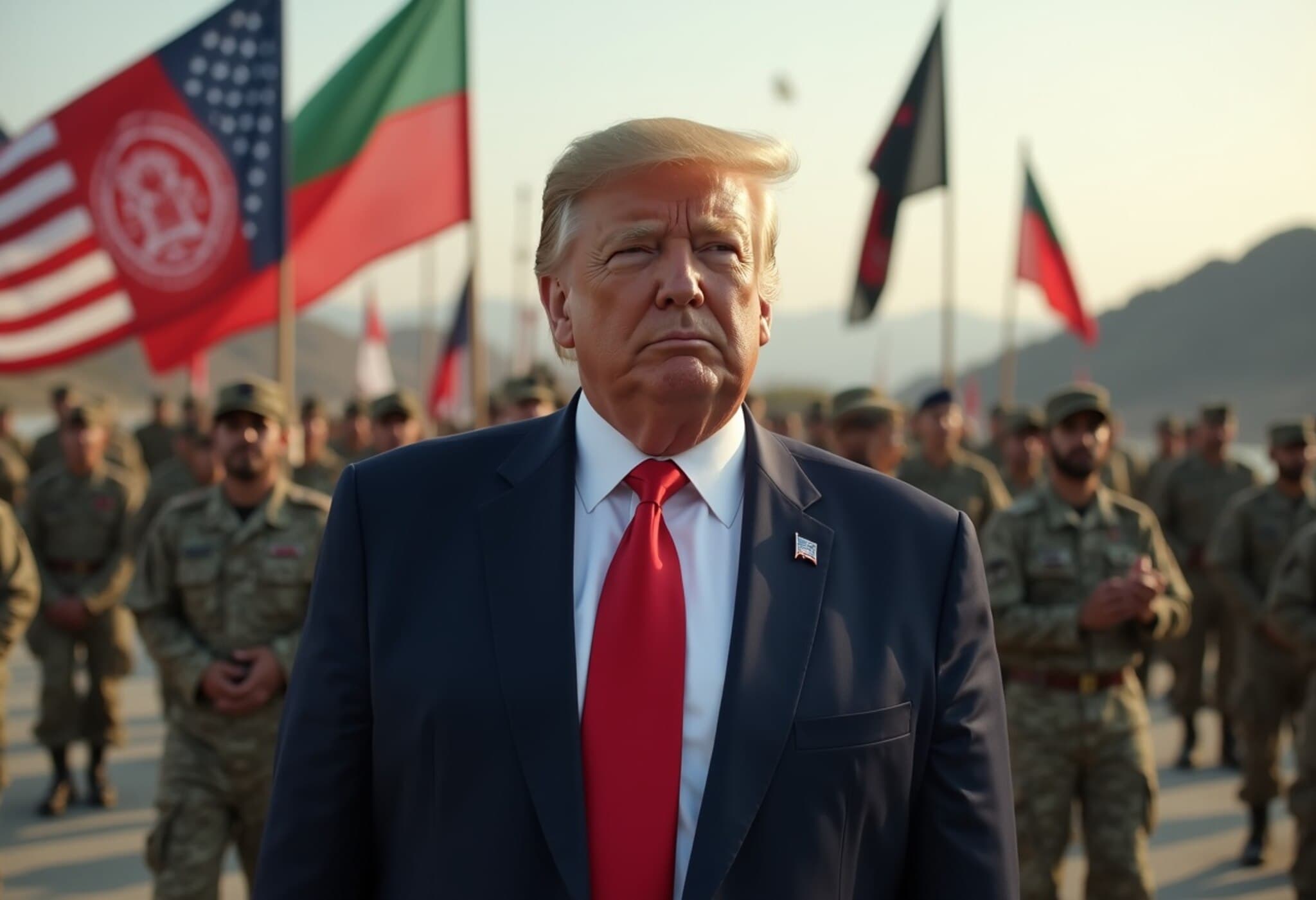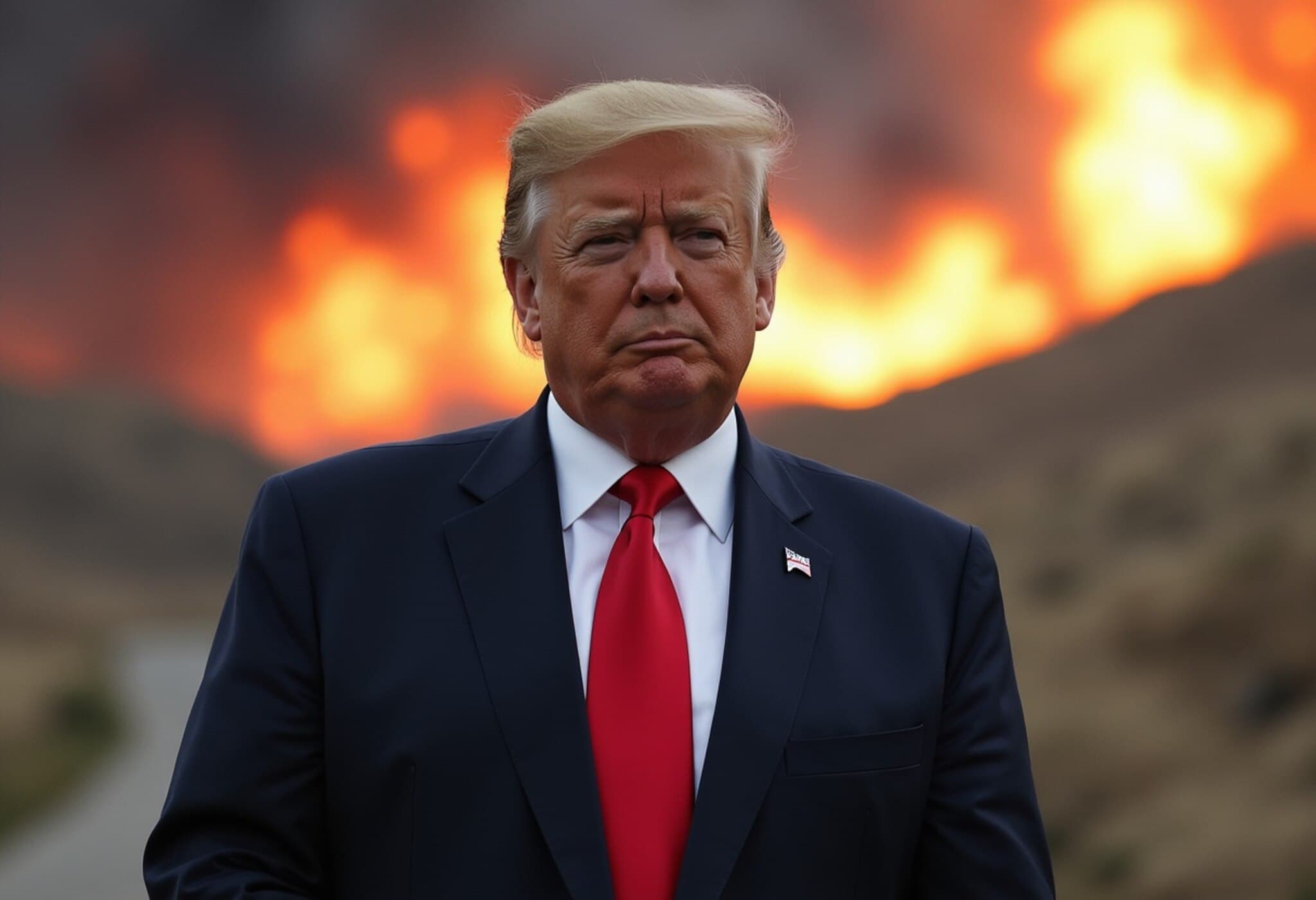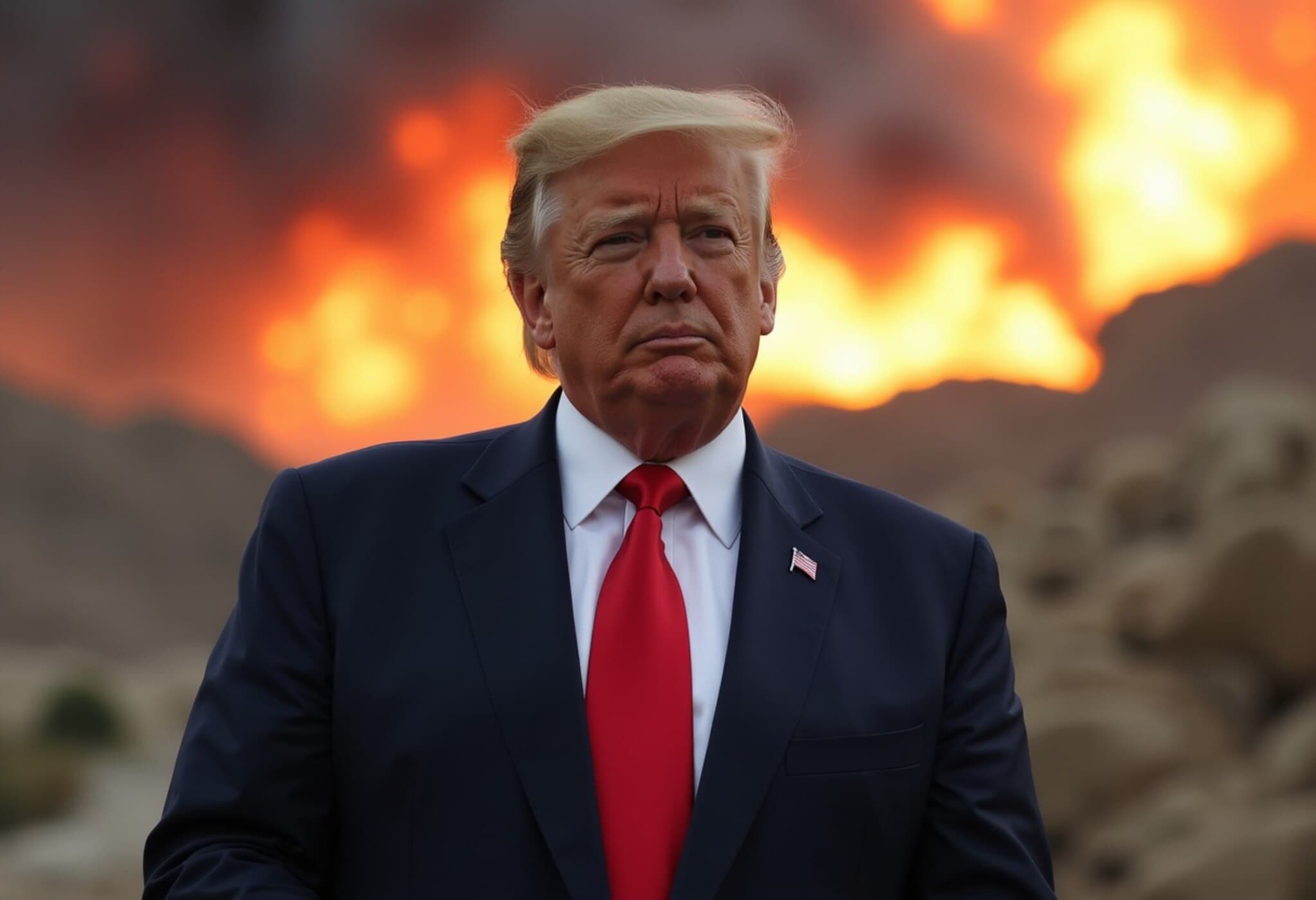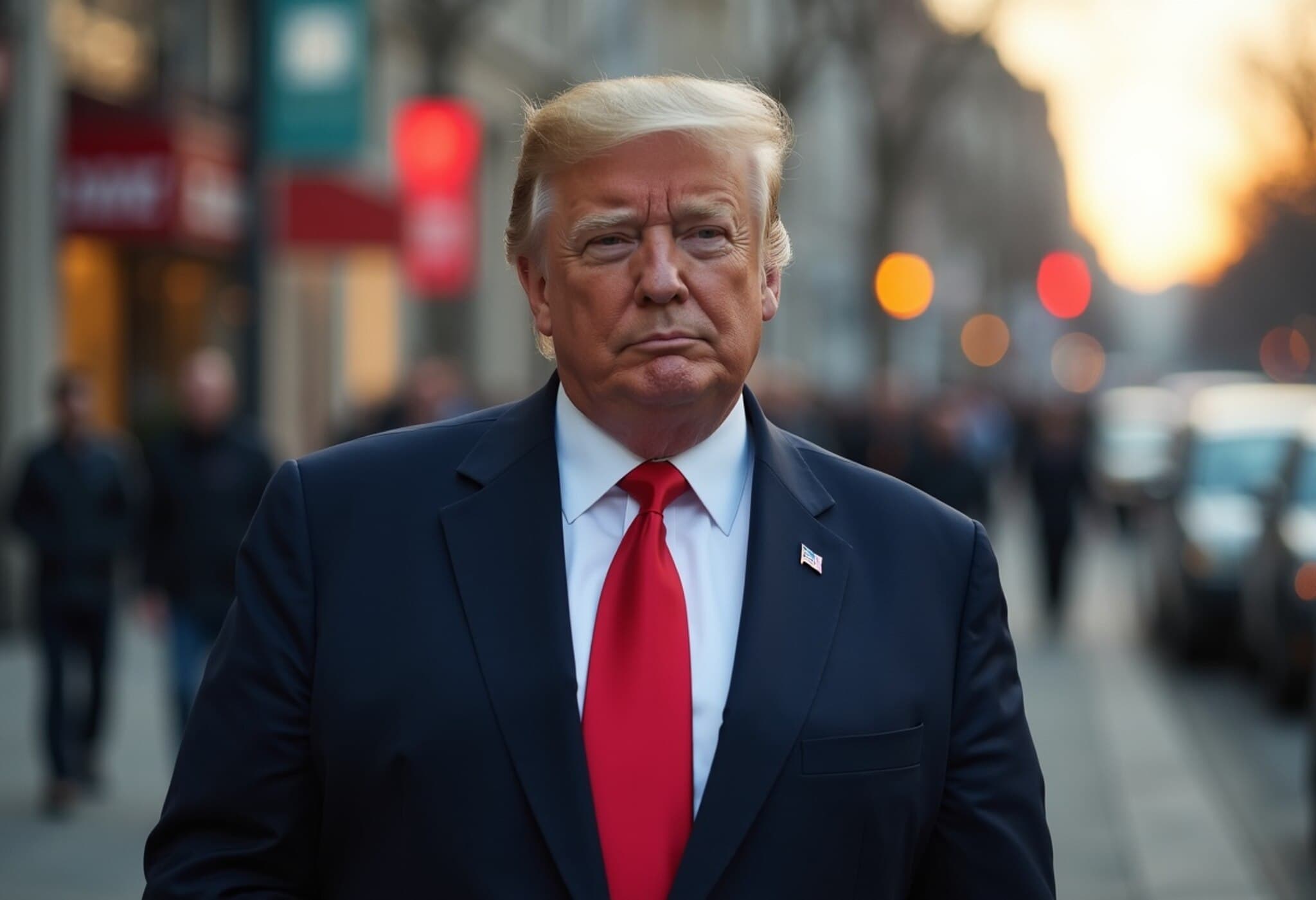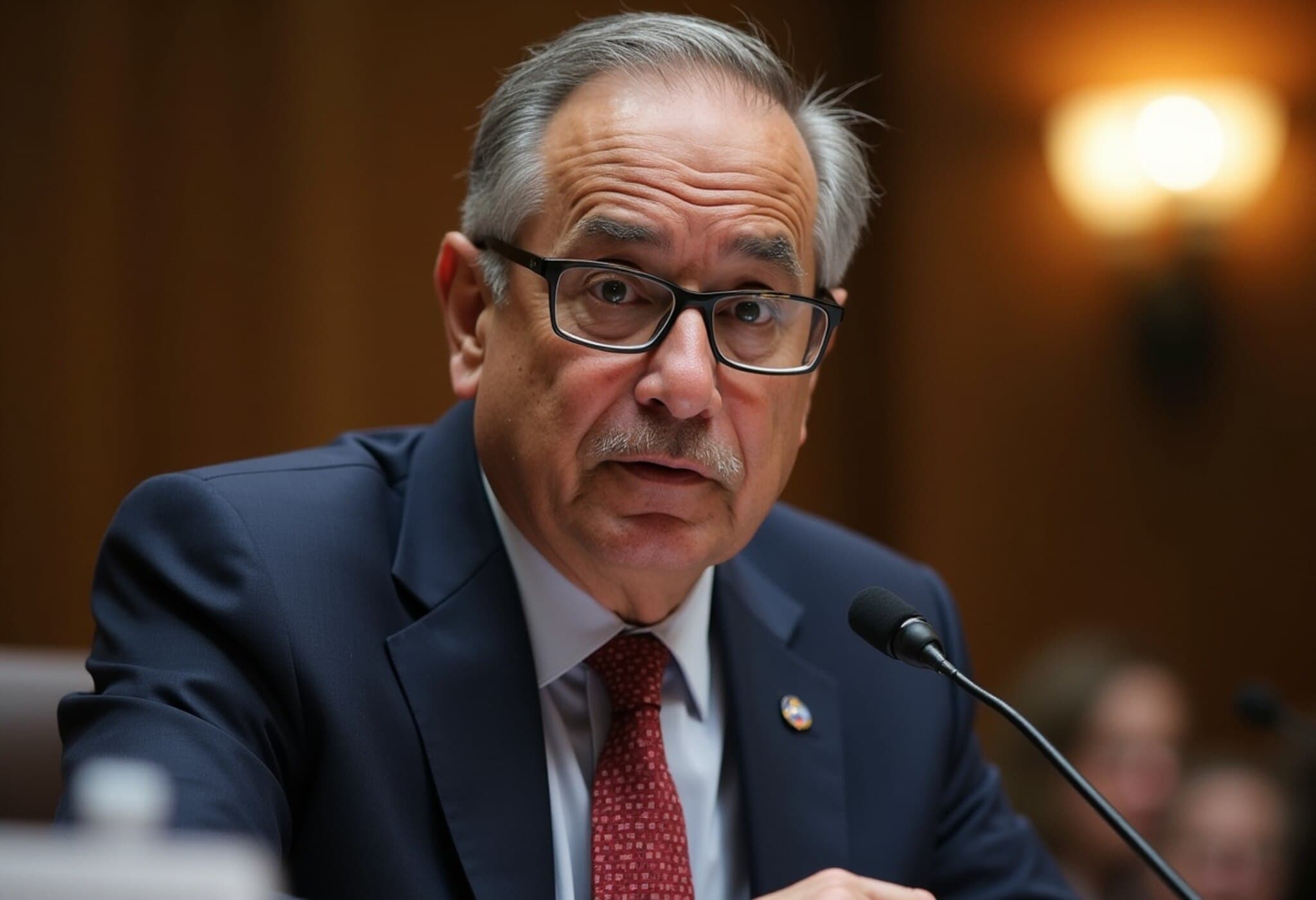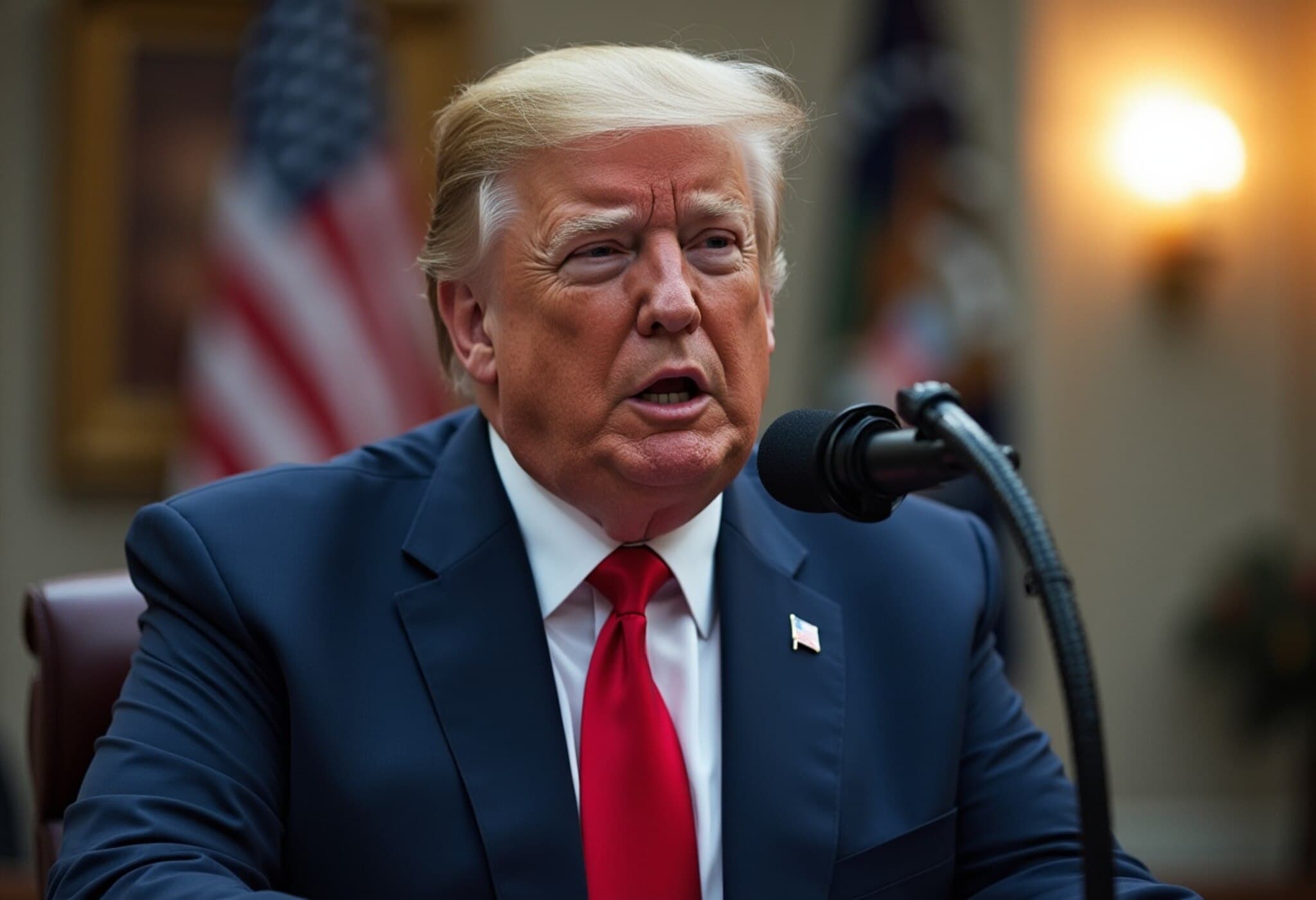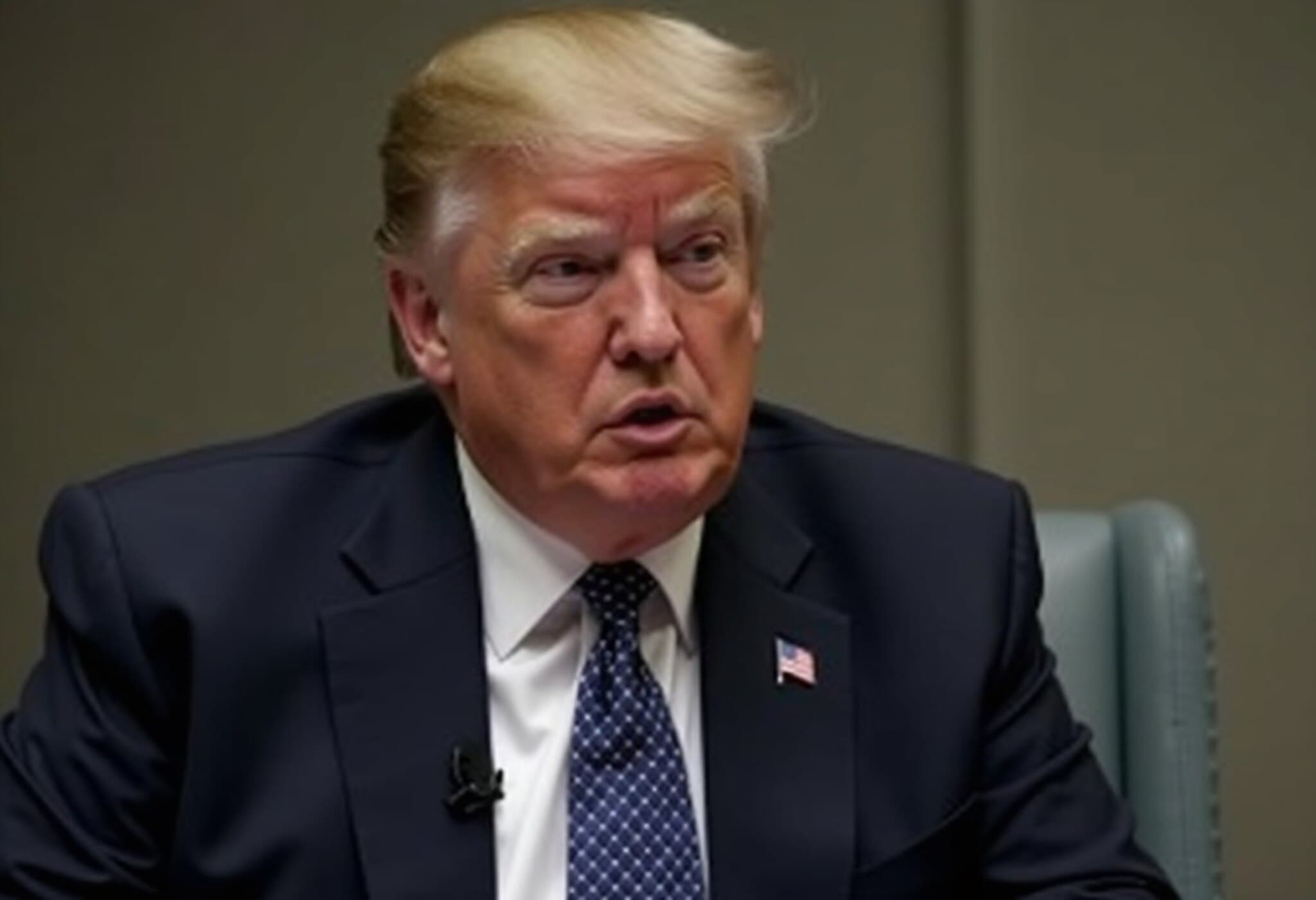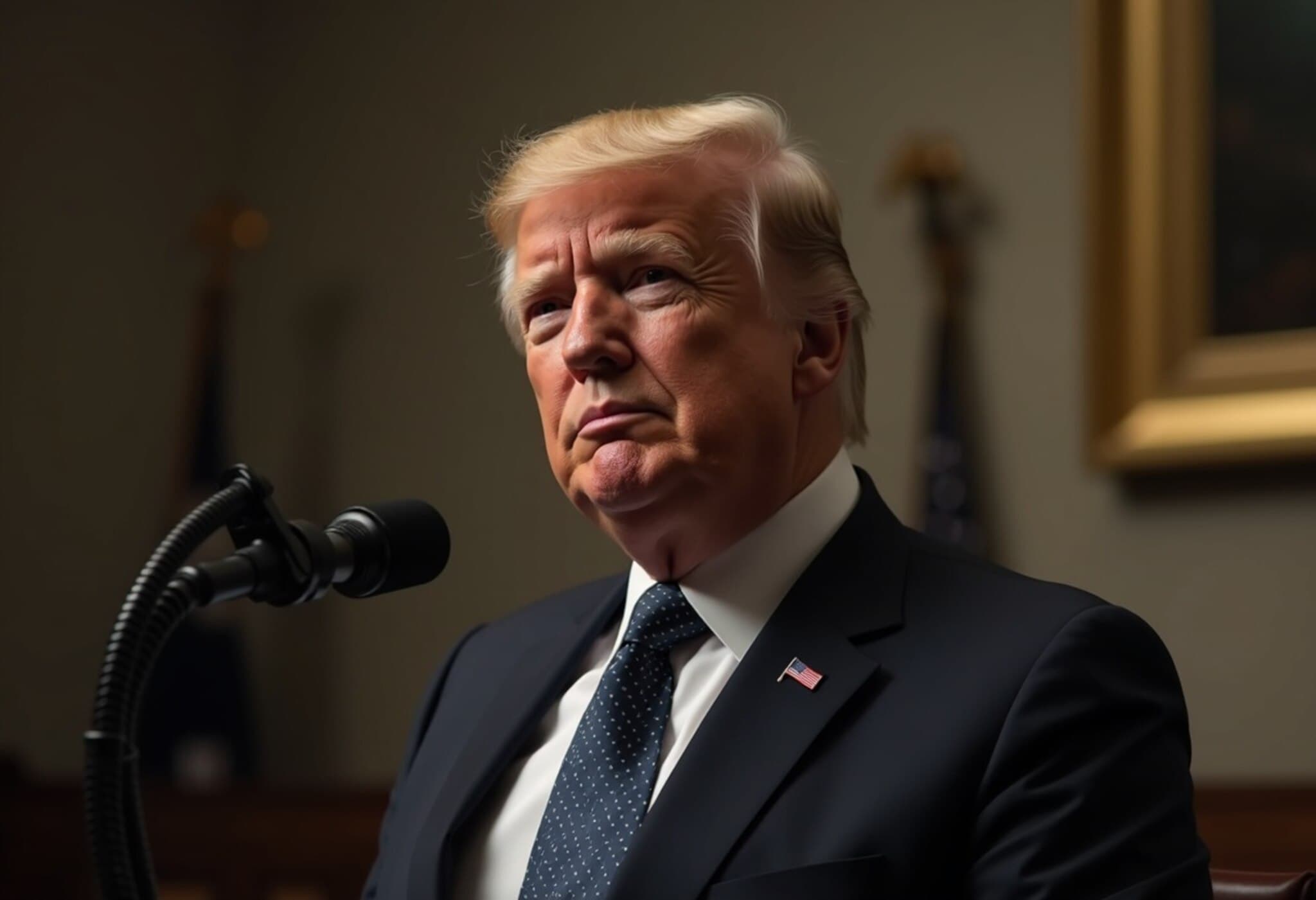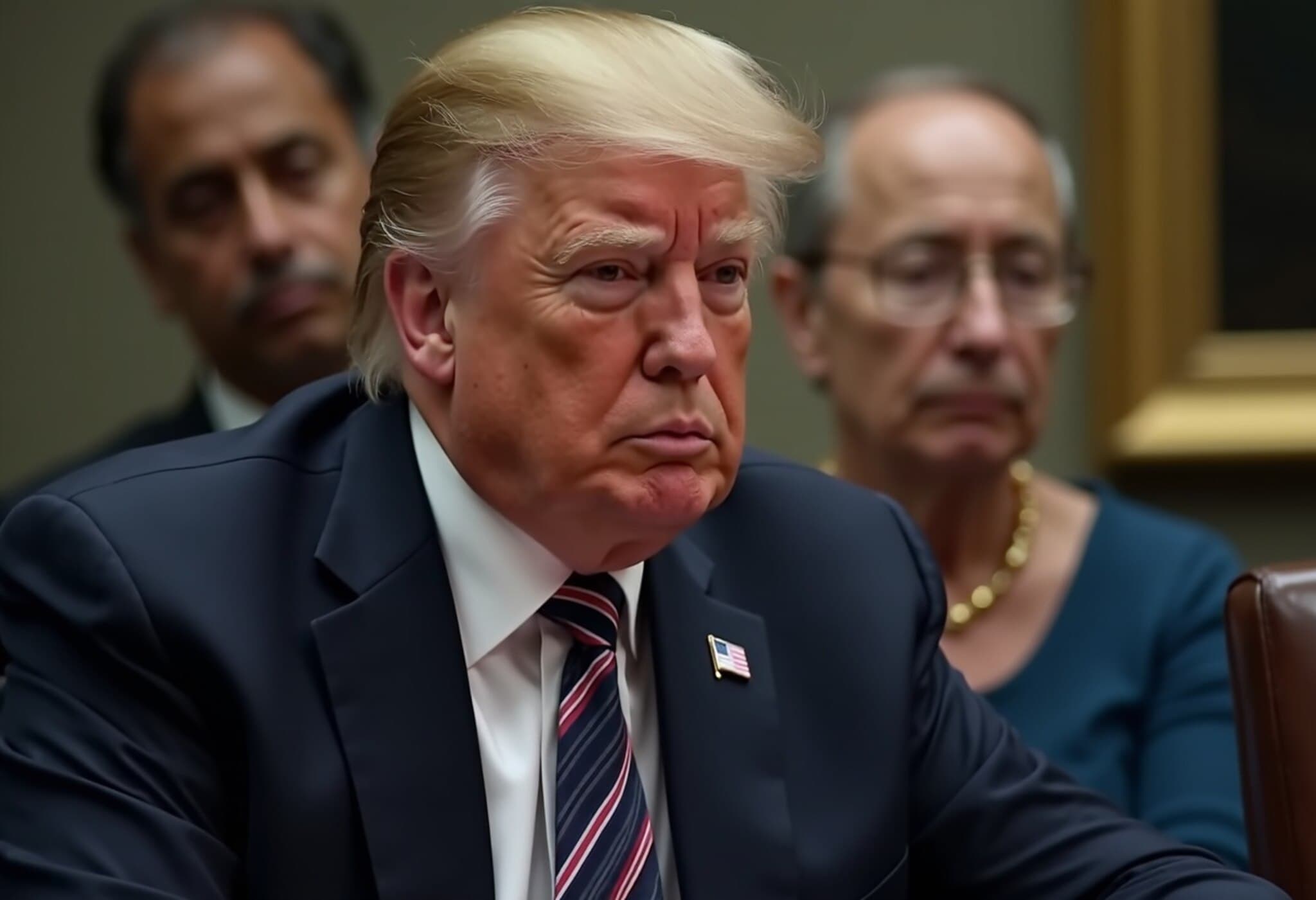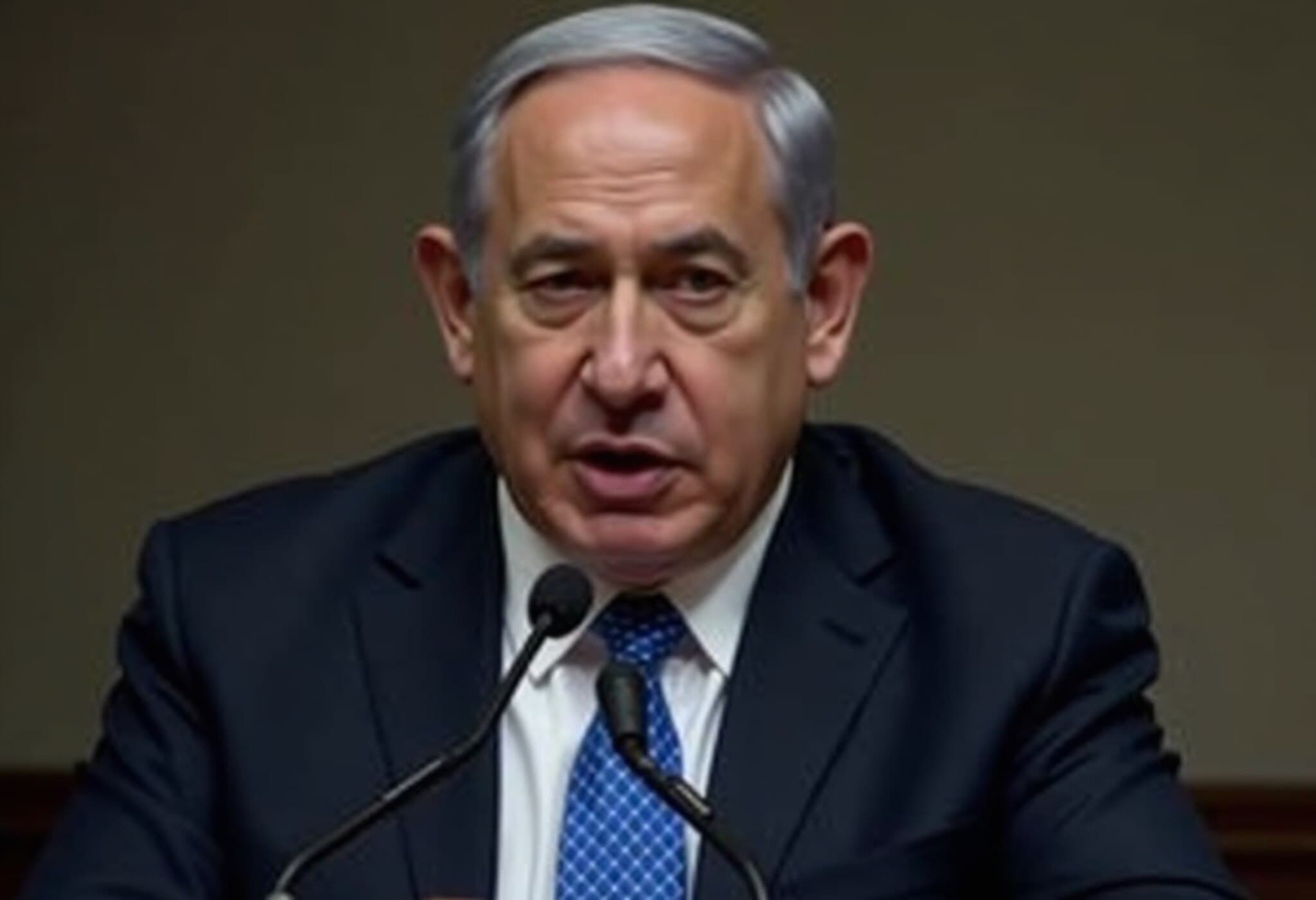Trump Condemns Afghanistan Withdrawal as a Historic Embarrassment
Former US President Donald Trump has delivered a scathing critique of the 2021 American troop withdrawal from Afghanistan, calling it "the most embarrassing moment" in the nation's history. During a recent Cabinet meeting, Trump singled out then-Chairman of the Joint Chiefs of Staff, General Mark Milley, branding him an "idiot" and questioning the military leadership's judgment during the chaotic exit.
Abandoned Equipment and Strategic Missteps
Trump expressed particular frustration over the abandonment of military hardware, emphasizing the loss of operational dignity in leaving behind billions of dollars worth of equipment. "They left their dignity behind," Trump lamented, reflecting on the images of military gear being paraded down streets, rather than repatriated. He criticized Milley’s reasoning that leaving expensive aircraft behind was more economical than flying them out, calling this decision ill-conceived.
Highlighting the strategic importance of Bagram Airbase, Trump's remarks noted his belief that the U.S. should have retained control over the facility. "Right now it is controlled by China," he claimed — an assertion the Afghan caretaker government has denied. Bagram, once the largest American military installation in Afghanistan, remains a key node due to its proximity to regional powers such as China and Iran.
South Asian Geopolitics and Regional Security Implications
The alleged shift of control over Bagram Airbase underscores growing concerns about China’s expanding footprint across Asia, particularly through initiatives like the Belt and Road. The base’s location—just an hour from China's nuclear weapon production centers—adds layers of complexity to U.S. strategic calculations.
Experts in Afghanistan, as reported by TOLO News, caution against the return of U.S. troops. Security analyst Yousuf Amin Zazai remarked, "Afghans will never tolerate foreign military presence on their soil," signaling deep-rooted resistance and skepticism toward renewed American involvement.
Reflecting on the 2021 Withdrawal and Its Aftermath
The U.S. military withdrew its forces on August 30, 2021, concluding America’s longest war after nearly two decades. The withdrawal was based on a deal brokered under the Trump administration with the Taliban, committing them to counterterrorism assurances. However, the execution in 2021 was carried out by President Biden’s administration and was marred by chaos, including the rapid collapse of the Afghan government and desperate scenes at Kabul’s airport.
The storm of criticism that followed pointed to intelligence failures and poor logistical planning, with long-term consequences for regional stability. The vacated power vacuum allowed the Taliban to reclaim full control, reversing gains made over 20 years.
Expert Analysis: The Broader Impacts and Future Questions
- Military Strategy and Leadership: Trump's critiques raise broader debates about military decision-making in complex withdrawals and the balance between cost-saving and operational integrity.
- Strategic Assets and Geopolitical Chessboard: Control over facilities like Bagram Airbase triggers important discussion about U.S. influence in Central Asia amid rising Chinese power.
- Afghan Sovereignty and Public Opinion: Local resistance to foreign troops complicates any potential re-engagement, emphasizing the need for diplomatic nuance.
- Legacy of America's Longest War: Policymakers must grapple with the consequences of the withdrawal for U.S. credibility and counterterrorism efforts globally.
Conclusion: Lessons and Lingering Questions
Trump's blunt criticism adds fuel to an ongoing reassessment of one of the most consequential chapters in recent U.S. foreign policy. While the operational details remain contentious, the broader narrative underscores the difficulties of ending protracted conflicts without undermining strategic interests or reputations.
Going forward, U.S. policymakers face the challenge of balancing regional security concerns, alliance relationships, and the Afghan people's aspirations. The episode invites a deeper look at how superpowers navigate withdrawal amid competing geopolitical ambitions.
Editor's Note:
The Afghanistan withdrawal continues to spark debate across political and expert communities alike. As new information and perspectives emerge, it is crucial to critically examine the decisions made and their ripple effects. This conversation shapes not only America’s foreign policy but also global understandings of military engagement, sovereignty, and power transitions. What are the strategic priorities moving forward, and how can lessons learned inform future exit strategies? These questions remain at the heart of the discourse.

